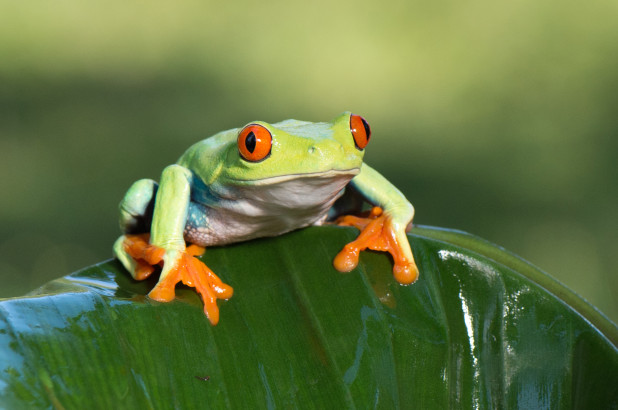Amphibian Plague Affects Frogs, And That’s Not A Good Sign For Our Planet

The worst is yet to come for frogs, according to the team of researchers that discovered that the amphibian populations had been devastated by an amphibian plague. The most affected were toads and frogs, and that is not a good sign for our planet. There is a killer fungus known as Bd that is spreading all over the world, no matter the continent, and is triggering a mass amphibian extinction.
This newly found amphibian plague is considered one of the worst diseases that affect frogs and toads ever recorded on Earth. According to a scientist, there are rainforests around the world that no longer have any frogs because the plague succeeded in eliminating, in just a matter of months, entire populations of local amphibians.
Since 1970, at least 200 frog species have been cataloged as “on the brink of extinction.” But the rainforests of Latin America, that are infested by the killer fungus are the worst place for amphibians.
Puzzling amphibian plague kills frogs, and that’s not a good sign for our planet
The disease seems to be coming from East Asia where researchers have identified it at first. They also determined and traced the mysterious amphibian plague. Local conservation teams of researchers try to find solutions against this crisis, and they will not stop until the frogs are safe again.
The biodiversity of frogs is also threatened by the international trade of amphibians of which the scientists are worried because they think something terrible will happen. If the amphibian trade continues, according to scientists, different strains of the fungi will keep being transferred from one place to another. Even hybrid species of the killer fungus can result from the blending of different strains of fungi. If so, it would be more difficult to control the amphibian plague.
For our planet, on the other hand, a potential frogs extinction is not a good sign. Amphibians are part of many ecosystems, and their disappearance would trigger significant negative changes in those habitats.
0 comments